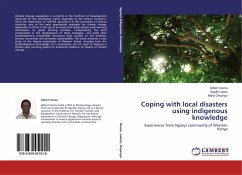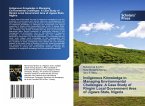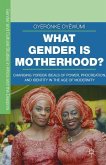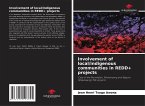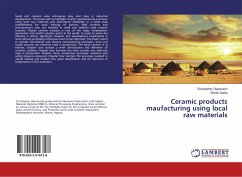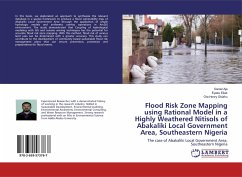Climate change adaptation is currently at the forefront of development discourse for the developing world, especially on the African continent. Given the importance of rain-fed agriculture in the economies of African countries, one of the most appropriate strategies for climate change adaptation in Africa is the use of accurate and timely climate early warning information to guide farming activities. Incorporating the local communities in the development of these strategies, and using their local/indigenous knowledge introduces local context to the problem, ensures ownership and promotes sustainability. This book presents a case study of the Nganyi community of Western Kenya, showing how the local/indigenous knowledge of a community can be used to improve a climate early warning system for enhanced resilience to impacts of climate change.
Bitte wählen Sie Ihr Anliegen aus.
Rechnungen
Retourenschein anfordern
Bestellstatus
Storno

